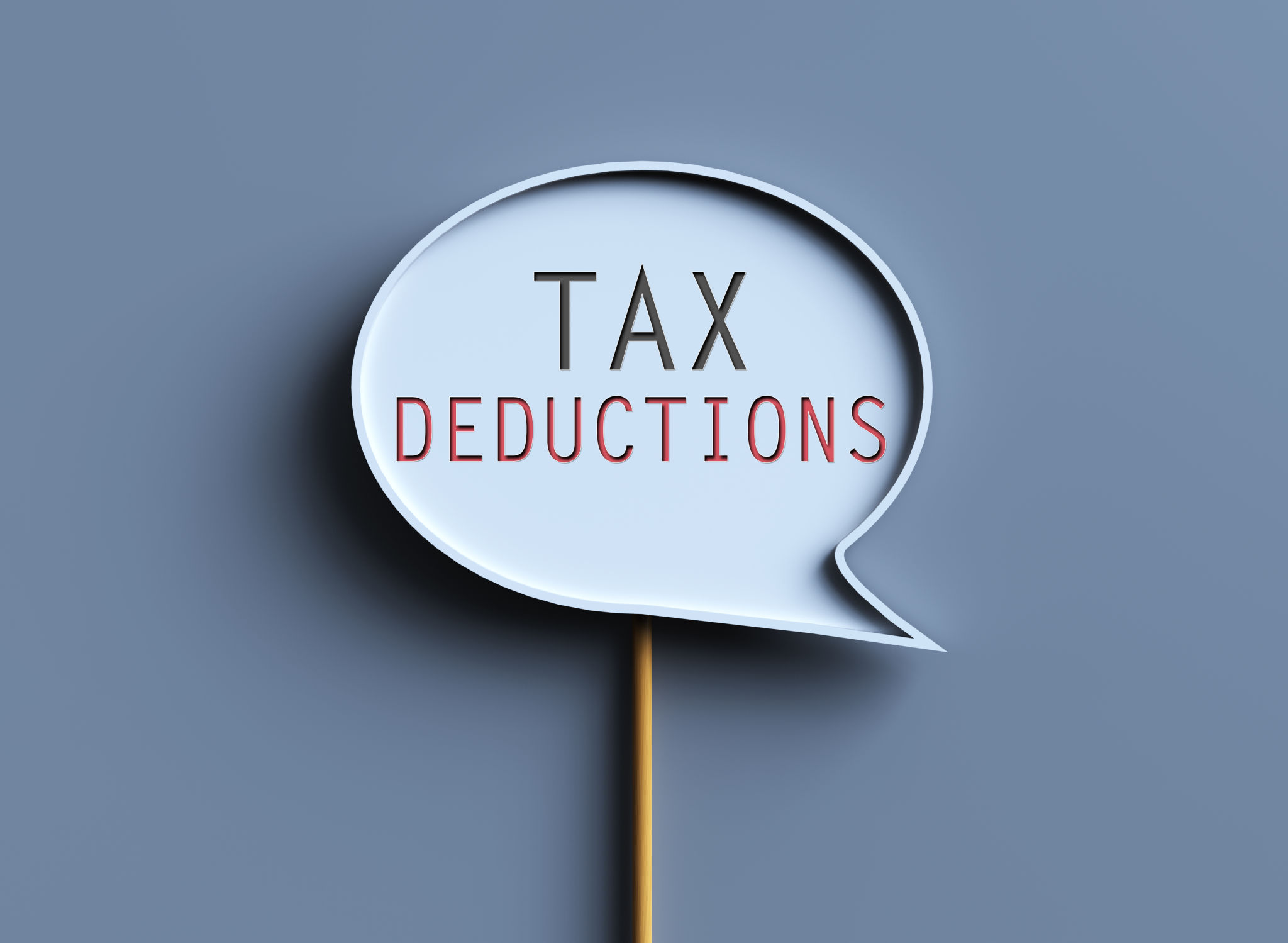Navigating Tax Season in NJ: A Checklist for Individuals and Businesses
GD
Understanding New Jersey Tax Regulations
As tax season approaches, both individuals and businesses in New Jersey face the annual task of preparing and filing their taxes. Understanding the unique regulations and requirements in the Garden State is crucial for ensuring a smooth and stress-free tax filing experience. This checklist will guide you through the essential steps to take, ensuring compliance and maximizing your potential deductions.

Gathering Essential Documents
Before you begin the filing process, it's essential to gather all necessary documents. For individuals, this includes W-2 forms from employers, 1099 forms for additional income, mortgage interest statements, and records of personal deductions. Businesses should compile income statements, expense receipts, payroll records, and any relevant tax forms.
Ensuring that you have all the required documentation ready can significantly reduce the stress associated with tax season. It also minimizes the risk of errors or omissions that could lead to issues with the IRS or New Jersey's Division of Taxation.
Understanding State-Specific Deductions
New Jersey offers several tax deductions and credits that can benefit both individuals and businesses. For example, residents may qualify for property tax deductions or credits on their state return. It’s crucial to familiarize yourself with these opportunities to reduce your taxable income effectively.

Businesses in New Jersey can also take advantage of various incentives, such as the Grow New Jersey Assistance Program, which encourages job creation and capital investment in the state. Consulting with a tax professional can help you identify all applicable deductions and credits.
Filing Deadlines and Procedures
Timely filing is crucial to avoid penalties. For individuals in New Jersey, the state income tax return is typically due on April 15th, aligning with the federal deadline. It's vital to mark this date on your calendar and ensure all forms are submitted accurately and on time.
Electronic Filing Options
New Jersey encourages electronic filing for both individuals and businesses. E-filing is not only faster but also more secure than traditional paper filing. The state provides a free filing option for those who meet certain income criteria, making it accessible for many taxpayers.

Businesses can also file electronically through the New Jersey Division of Revenue and Enterprise Services’ online portal. This system streamlines the process and allows for quicker processing and confirmation of your tax return.
Seeking Professional Assistance
If navigating the complexities of New Jersey's tax system feels overwhelming, consider seeking assistance from a tax professional. Certified Public Accountants (CPAs) or tax advisors can provide valuable insights and ensure that you are maximizing your deductions while remaining compliant with state laws.
Working with a professional can also provide peace of mind, knowing that your taxes are handled accurately and efficiently. This can be especially beneficial for business owners managing multiple financial responsibilities.
Staying Informed on Tax Law Changes
Tax laws are subject to change, and staying informed about new regulations can save you time and money. Subscribe to updates from New Jersey's Division of Taxation or consult with your tax advisor regularly to ensure you're aware of any changes that may impact your filing.

By following this comprehensive checklist, individuals and businesses in New Jersey can navigate tax season with confidence. Proper preparation, understanding state-specific opportunities, and seeking professional guidance when needed are key steps in ensuring a successful tax filing experience.
